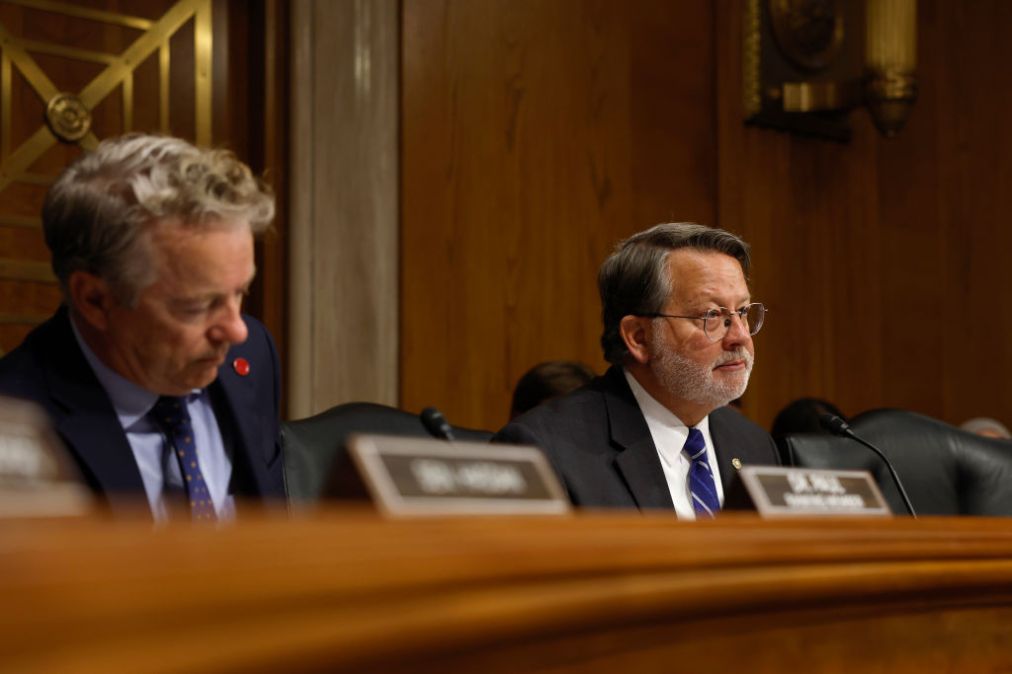Federal cloud modernization bill passes through Senate panel

A bipartisan Senate bill intended to modernize and streamline the federal government’s adoption of cloud technology sailed through committee Wednesday, setting the stage for a full chamber vote.
By a 12-1 margin, the Multi-Cloud Innovation and Advancement Act of 2023 (S. 2871) passed the Senate Homeland Security and Governmental Affairs Committee, with ranking member Rand Paul, R-Ky., as the lone vote against the motion for final passage. Committee Chair Gary Peters, D-Mich., had offered a modified substitute amendment as the underlying bill.
The legislation, co-sponsored by Sens. Steve Daines, R-Mont., and Jacky Rosen, D-Nev., calls on the director of the Office of Management and Budget to embrace multi-cloud technology across federal agencies, identifying barriers to adoption and best practices for implementation. OMB would also be responsible for developing guidance for agencies and outlining an operational roadmap.
Rosen said during Wednesday’s business meeting that the bill “would empower agencies to make informed decisions about innovative cloud technologies to reduce costs, increase operational efficiency and improve cybersecurity. I look forward to seeing this bipartisan legislation advance so we can ensure that federal agencies are equipped with the tools they need to deploy the best technology for their missions and save taxpayer funds.”
The legislation has major backing from BSA | The Software Alliance, an influential trade group that counts Adobe, Cisco, Dropbox, IBM, Microsoft, Salesforce, Workday, Zoom and many others among its members. In a letter shared with FedScoop that was sent to Peters and Paul ahead of the meeting, BSA CEO Victoria Espinel urged the Senate panel to pass the bill “to help move the federal government to the multi-cloud future that it needs.”
The adoption of multi-cloud technology “allows federal agencies to obtain the best value through competitive purchasing of industry leading technology,” Espinel wrote. “When multiple cloud service providers are competing for the same work, the federal government can take advantage of a competitive marketplace that encourages innovation and lower costs.”
An industry source closely tracking the legislation said there’s “hope” that the bill could be added to the National Defense Authorization Act given that it’s bipartisan and considered a “noncontroversial bill.” But with a companion bill in the House that hasn’t moved since being introduced last July, there are several variables at play regarding the timing of a full Senate vote.

